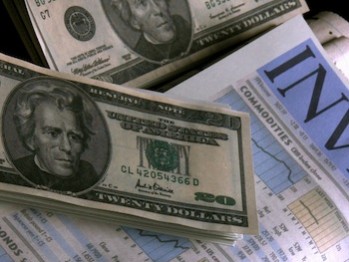Is Wells Fargo Undervalued?
I am reading the Wells Fargo & Company annual report again for the fourth time this year, as well as conference call transcripts, analysts reports, and a host of other documentation. I’ve been looking at making some additional purchases of Wells Fargo & Company for the long-term holdings through some of my personal retirement trusts and plans, including the only one I discuss on the site, the KRIP portfolio, because I’m convinced the “new” bank, which includes the acquisition of Wachovia during the Great Recession and financial meltdown that doubled the size of the “old” bank, is significantly undervalued.
Details











